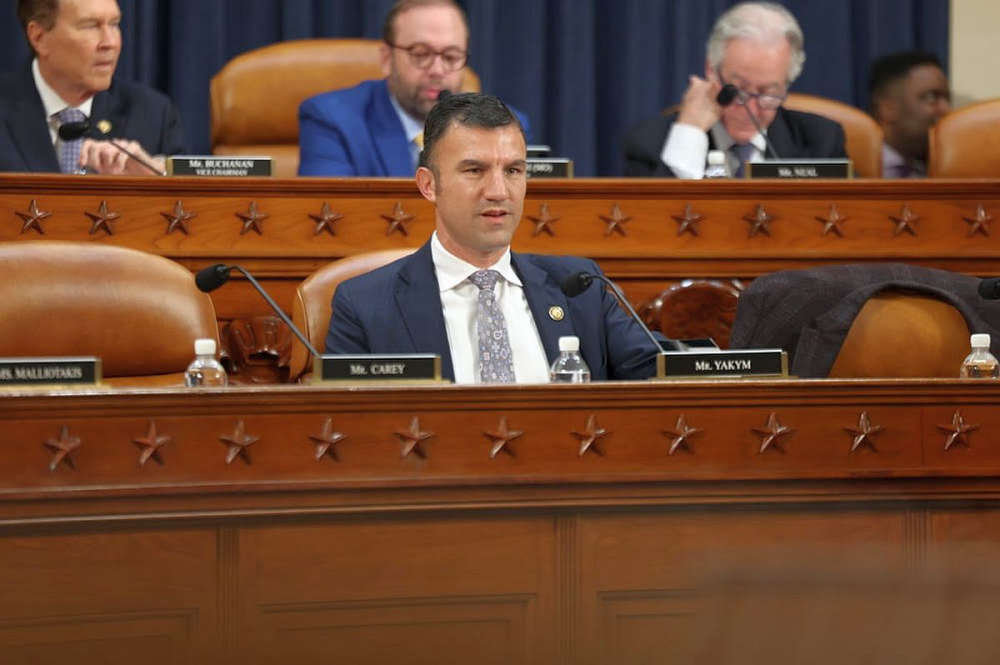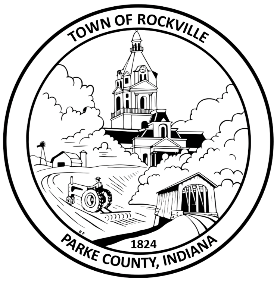
The Illinois Department of Natural Resources (IDNR) is monitoring sightings of a black bear in southwestern Illinois.
The bear was first observed Monday in St. Clair County. An IDNR district wildlife biologist confirmed the sighting on Tuesday, and the animal was observed again Wednesday and Thursday, still in St. Clair County. The bear has had no interaction with humans, though it has damaged some bee hives on private property.
IDNR's wildlife division reminds residents that although sightings of black bears in Illinois are rare, the potential exists that animals from neighboring states may be observed in Illinois over the next few months. With established populations in the adjacent states of Missouri and Wisconsin, occasional summer movements by bears into Illinois are anticipated, including past confirmed sightings in Jo Daviess, Lake, Saline, Pope, Williamson, and Jackson counties.
IDNR encourages people to avoid direct encounters with bears and to check their property for food sources that could attract a bear if one is reported in the area. Bears can follow their powerful noses to food sources and can pick up nearly anything with an odor from more than a mile away. Through learned behavior, bears often investigate anything that may yield a food reward, such as bird feeders, barbeque grills, garbage cans, and dog food. Once a bear finds a food source, they will likely return, so prevention is key.
During early summer months, yearling bears disperse from their birth ranges in search of food and a permanent home range. Adult males travel far and wide looking for mates, and nursing females venture further from home range core areas to meet the energetic demands of raising cubs.
Bears are omnivores that will consume a wide range of plants or animals that provide calories. The bulk of their spring and early summer diet is plant-based with whatever available protein they can locate - small mammals, fish, insects, birds, reptiles, amphibians, or dead animals.
Seeing a bear may be a once-in-a-lifetime experience, and their presence should not necessarily be perceived as a threat to human safety. Nevertheless, it's important to remember that bears are wild animals and should be treated as such.
Go online to report a bear sighting to IDNR.


 Six sentenced in sweeping multi‑million‑dollar cargo heist
Six sentenced in sweeping multi‑million‑dollar cargo heist
 U.S. Rep. Yakym’s bipartisan BARCODE Efficiency Act Advances
U.S. Rep. Yakym’s bipartisan BARCODE Efficiency Act Advances
 Applications available for Indiana Sheriffs' Association college scholarships
Applications available for Indiana Sheriffs' Association college scholarships
 Deadline approaching for blind, disabled Hoosiers and seniors to receive property tax credits
Deadline approaching for blind, disabled Hoosiers and seniors to receive property tax credits
 One Night, One Cause: Indiana FFA needs your support for their ‘Blue and Gold Gala’
One Night, One Cause: Indiana FFA needs your support for their ‘Blue and Gold Gala’
 Gov. Braun secures National Drone Test Site Designation for Indiana
Gov. Braun secures National Drone Test Site Designation for Indiana
 ISP with Human Trafficking Awareness Initiative this week
ISP with Human Trafficking Awareness Initiative this week
 Rockville Town Board shuffles up leadership positions
Rockville Town Board shuffles up leadership positions
 Political candidates can begin filing this week
Political candidates can begin filing this week
 Historic sites bill passes out of committee
Historic sites bill passes out of committee
 More than one-third of Christmas tree home fires occur in January
More than one-third of Christmas tree home fires occur in January
 Temporary visitation restrictions enacted by Union Health due to uptick in respiratory virus cases
Temporary visitation restrictions enacted by Union Health due to uptick in respiratory virus cases
 Reps. Heaton, Yocum: Indiana House accepting student applicants for 2026 page program
Reps. Heaton, Yocum: Indiana House accepting student applicants for 2026 page program
 VCCF awards $2,500 grant to support Free Laundry Day Program
VCCF awards $2,500 grant to support Free Laundry Day Program




